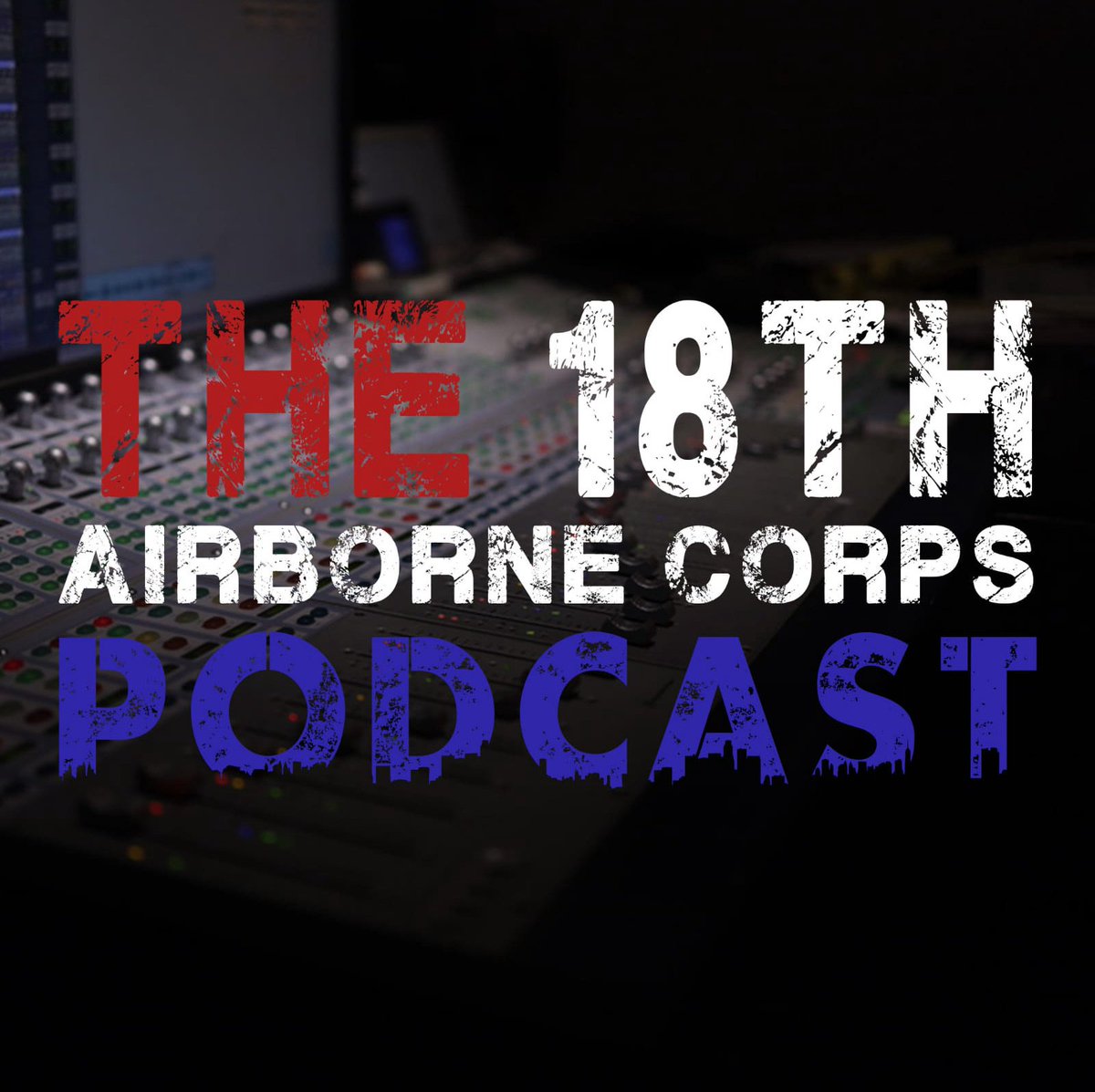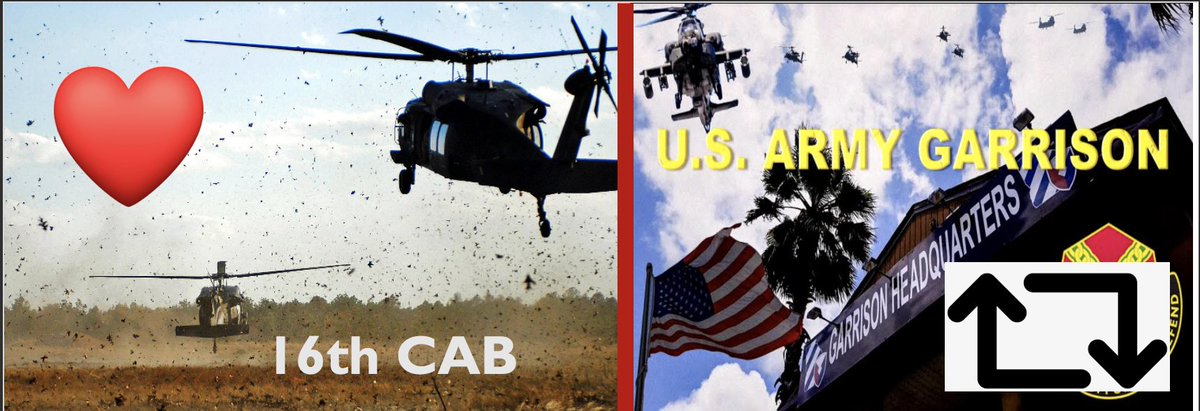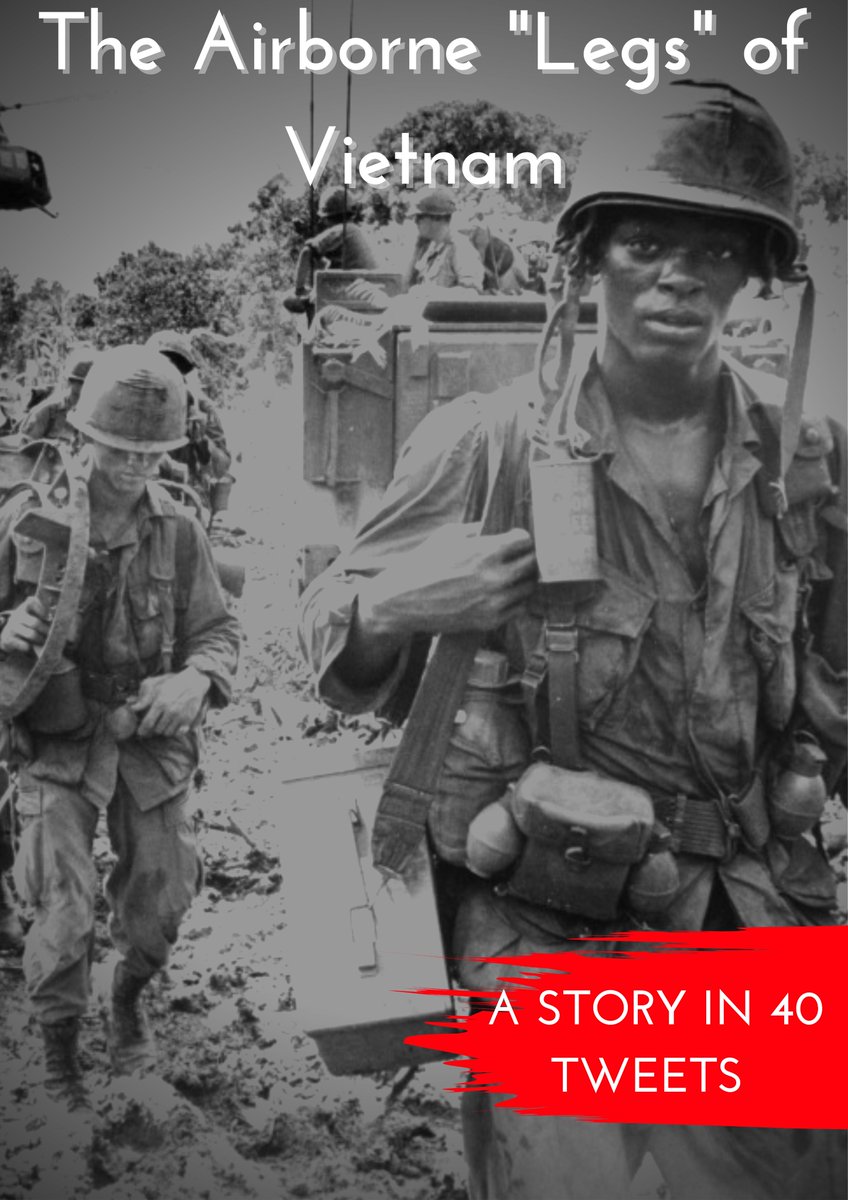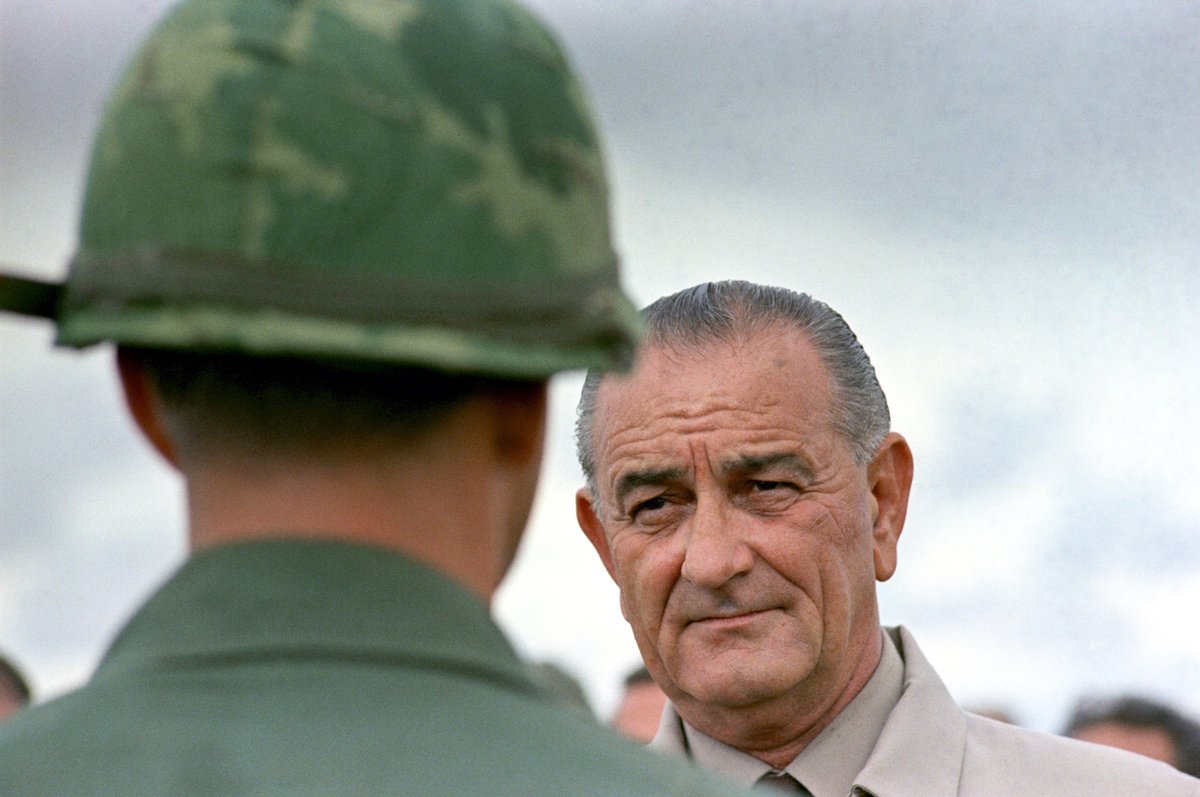
Hey there, friends! Happy Thursday morning!
Today is #InternationalPodcastDay and if you're looking for a new podcast on #NatSec, leadership, and history, we suggest this one. apple.co/3F6eQh9
We've got 74 episodes to comb through.
[1 OF 9]
Today is #InternationalPodcastDay and if you're looking for a new podcast on #NatSec, leadership, and history, we suggest this one. apple.co/3F6eQh9
We've got 74 episodes to comb through.
[1 OF 9]

[2 OF 9]
We've had some cool guests, such as entrepreneur Gary Vee [apple.co/3CZsssN], who spoke about empathetic leadership, motivation, and the value of failing.
We've had some cool guests, such as entrepreneur Gary Vee [apple.co/3CZsssN], who spoke about empathetic leadership, motivation, and the value of failing.

[3 OF 9]
We had @PaulRieckhoff for Episode 56. As you'd expect, he had MUCH to say about the end of the war in Afghanistan, the 20th anniversary of 9/11, and the need for veterans to reach out for help: apple.co/2Y1dDXB
We had @PaulRieckhoff for Episode 56. As you'd expect, he had MUCH to say about the end of the war in Afghanistan, the 20th anniversary of 9/11, and the need for veterans to reach out for help: apple.co/2Y1dDXB

[4 OF 9]
Here's one for Cold War history / Richard Nixon buffs: Michael Dobbs (one of our few return guests ) came on to talk about the final days of the Nixon administration. This was a riveting conversation on the coverup that brought down a presidency: apple.co/3AYCTfo
Here's one for Cold War history / Richard Nixon buffs: Michael Dobbs (one of our few return guests ) came on to talk about the final days of the Nixon administration. This was a riveting conversation on the coverup that brought down a presidency: apple.co/3AYCTfo

[5 OF 9]
Episode 29: 1983 - The World's Most Dangerous Year tells the largely unknown story about how Soviet misunderstanding around a NATO training exercise almost led to global nuclear war: apple.co/3l1GiF3
Episode 29: 1983 - The World's Most Dangerous Year tells the largely unknown story about how Soviet misunderstanding around a NATO training exercise almost led to global nuclear war: apple.co/3l1GiF3

[6 OF 9]
Episode 31 is among our most downloaded.
@101stAASLTDIV veterans from the Battle of Hamburger Hill tell the story of one of the most controversial & misunderstood moments of the Vietnam War. apple.co/3igdmqX
Episode 31 is among our most downloaded.
@101stAASLTDIV veterans from the Battle of Hamburger Hill tell the story of one of the most controversial & misunderstood moments of the Vietnam War. apple.co/3igdmqX

[7 OF 9]
Episode 23 features master storyteller and podcast king Dan Carlin on deterrence, post-WWII Soviet philosophy, and the origins of the Cold War: apple.co/2XYdRi2.
As you'd expect, this one is a riveting discussion.
Episode 23 features master storyteller and podcast king Dan Carlin on deterrence, post-WWII Soviet philosophy, and the origins of the Cold War: apple.co/2XYdRi2.
As you'd expect, this one is a riveting discussion.

[8 OF 9]
Early on we had on MSNBC's Joe Scarborough to talk about Harry Truman. Joe had just published his book on the Truman Doctrine and explained why our 33rd POTUS matters today.
apple.co/3kVUi2V
Early on we had on MSNBC's Joe Scarborough to talk about Harry Truman. Joe had just published his book on the Truman Doctrine and explained why our 33rd POTUS matters today.
apple.co/3kVUi2V

[END]
That's just a sampling of some of the guests and topics we've had on the show.
You can subscribe on Apple Podcasts, Spotify, Stitcher, or Podbean. We're now also post the episodes to our YouTube channel and SoundCloud.
podcasts.apple.com/us/podcast/the…
That's just a sampling of some of the guests and topics we've had on the show.
You can subscribe on Apple Podcasts, Spotify, Stitcher, or Podbean. We're now also post the episodes to our YouTube channel and SoundCloud.
podcasts.apple.com/us/podcast/the…
• • •
Missing some Tweet in this thread? You can try to
force a refresh













